Best Laptops Under £700: Top Picks for Performance and Value
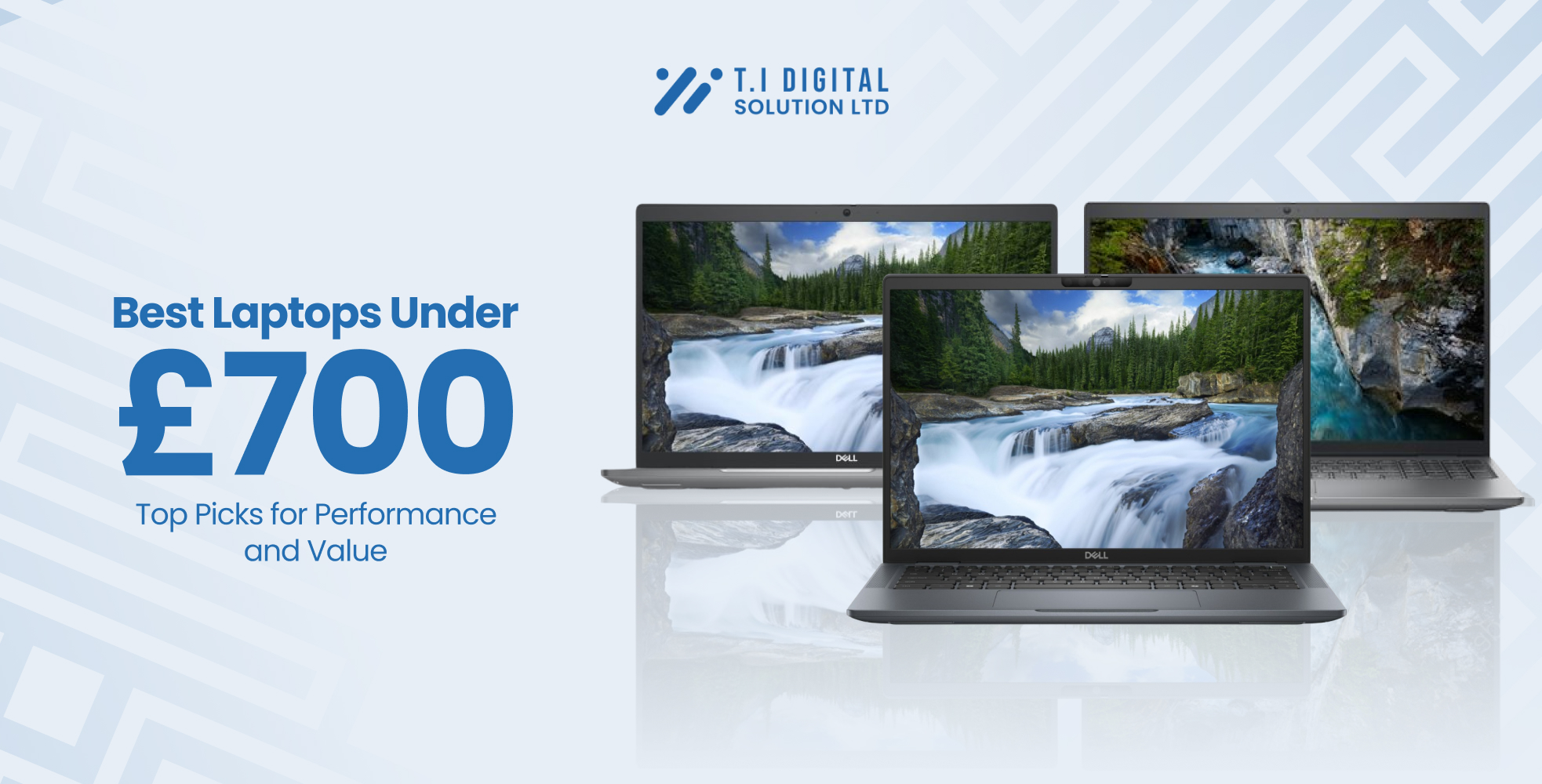
Finding a reliable, high-performing laptop for under £700 might seem challenging, but there are plenty of options that balance affordability with impressive features. Whether you’re a student, a casual gamer, or need a laptop for everyday tasks, there are laptops that offer great value within this budget. In this blog post, we’ll cover the key features to look for in laptops under £700, answer some common questions, and provide top recommendations.
What Are the Key Features to Look for in Laptops Under £700?
When shopping for a laptop within a £700 budget, certain features should be prioritized to ensure you get the best performance and longevity. Here are the key features to keep in mind:
- Processor: For solid performance, look for Intel Core i5 or i7 processors or equivalent AMD Ryzen processors. These will provide the power needed for multitasking, office applications, and light gaming.
- RAM: 8GB of RAM is standard for this price range and is sufficient for everyday tasks, including web browsing, video streaming, and even some light creative work.
- Storage: A 256GB or 512GB SSD (Solid State Drive) is ideal. SSDs offer faster boot times and quicker access to files compared to traditional hard drives.
- Display: Full HD (1920×1080) resolution is essential for clear visuals, especially if you’re using the laptop for media consumption or creative tasks.
- Battery Life: For portability, aim for at least 7 hours of battery life. This ensures you can work on the go without constantly needing to plug in.
- Build Quality: Durability matters, especially for students or professionals who carry their laptops around. A lightweight, sturdy design is a bonus.
What Is the Best Laptop for Students Under £700 in the UK?
For students, the best laptops under £700 should combine portability, decent performance, and affordability. One strong option is the DELL Latitude 3550 Core i5 (C9PTN), which offers the right balance of power and portability. Equipped with an Intel Core i5 processor, 8GB of RAM, and a 256GB SSD, it’s perfect for research, note-taking, and streaming lectures. Its Full HD display is great for both work and leisure, and the battery life is sufficient for a day of classes.
Additionally, the laptop’s durable build ensures it can withstand the rigors of daily student life, making it an excellent investment for anyone looking for long-term use.
Comparison of DELL D91NF VS Microsoft ZGV-00004
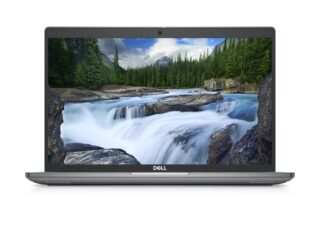
DELL Latitude (D91NF)
- Memory 16 GB DDR4 (2 x 8 GB)
- Display 14" 1920 x 1080 / Full HD
- Operating System Win 11 Pro
- Storage 512 GB SSD - NVMe, Class 35
- Intel Core i7 (13th Gen) - 1365U / 1.8 GHz, up to 5.2 GHz / 12 MB Cache
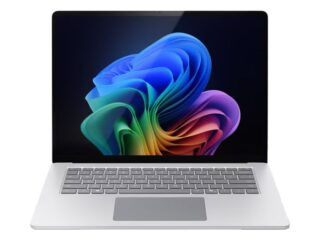
Microsoft Laptop ZGV-00004
- Memory 16 GB LPDDR5X
- Display 13.8" touchscreen 2304 x 1536
- Operating System Win 11 Pro
- Storage 256 GB SSD
- Processor Qualcomm Snapdragon X Plus X1P-64-100 up to 3.6 GHz / 42 MB Cache
Can You Get a Gaming Laptop Under £700?
While high-end gaming laptops typically exceed this budget, there are options for casual gamers who don’t require the latest AAA titles to run on ultra settings. One laptop to consider is the ASUS ExpertBook Core i7 (B1502CV-BQI715X). With its Intel Core i7 processor and 8GB of RAM, this laptop can handle moderately demanding games like Fortnite, Rocket League, and GTA V on lower settings.
Though you might need to compromise on graphical settings, you can still enjoy a smooth gaming experience without spending beyond £700. Just keep in mind that gaming laptops typically require a dedicated graphics card, so while you can find decent options in this price range, they won’t match the power of pricier gaming rigs.
What are the best laptops for everyday use under £ 700?
For those seeking a laptop for everyday use—such as web browsing, office work, and streaming—the DELL Latitude 5540 Core i5 (GTPHK) is a top contender. With a Core i5 processor, it provides snappy performance for day-to-day tasks, and the 256GB SSD ensures quick boot times and fast access to applications and files.
Its Full HD display is perfect for watching videos, working on documents, or browsing the web, and its compact design makes it easy to carry around. Whether you need it for home or office work, this laptop strikes a great balance between performance and portability, making it ideal for everyday use.
Another option for professionals is the DELL Precision (TXFGG). While primarily marketed as a workstation, this model fits under the £700 price range and is well-suited for handling heavier workloads, especially for those involved in design or engineering tasks.
Conclusion
Laptops under £700 can still offer fantastic value, balancing price and performance. For students, the DELL Latitude 3550 Core i5 (C9PTN) is an excellent choice, offering strong performance at an affordable price. For casual gaming, the ASUS Expert Book Core i7 (B1502CV-BQI715X) provides enough power to run moderately demanding games. And for everyday use, the DELL Latitude 5540 Core i5 (GTPHK) and DELL Precision (TXFGG) are both great options.
No matter what your needs are, there’s a budget-friendly laptop out there that can meet your requirements without compromising on quality. By focusing on key features like processor, RAM, and battery life, you can find the perfect laptop under £700 to suit your lifestyle.
Links to our Blog Articles:
Comparison of Best Selling Dell Laptops
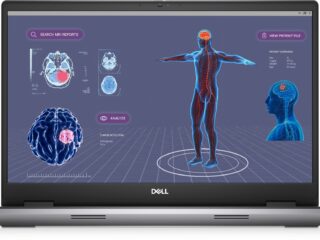
DELL Precision CJDXG
- Memory 32 GB DDR5
- Display 17.3" 1920 x 1080 / Full HD
- Operating System Win 11 Pro
- Storage 1 TB SSD - NV Me, Class 40
- Processor Intel Core i9 (13th Gen) - 13950HX / 2.2 GHz, up to 5.5 GHz / 36 MB Cache
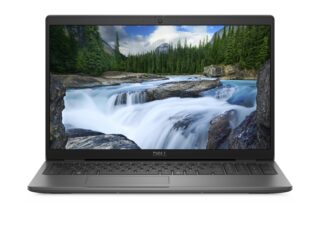
DELL Latitude 3550 (C9PTN)
- Memory 16GB DDR4 (1 x 16 GB)
- Display 15.6" 1920 x 1080 / Full HD @ 60 Hz - 141 ppi
- Operating System Win 11 Pro
- Storage 512 GB SSD - NV Me, Class 35, QLC
- Intel Core i5 (13th Gen) - 1335U up to 4.6 GHz
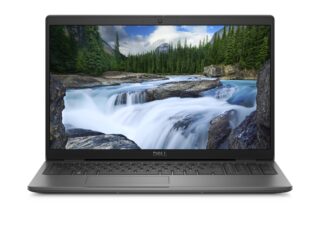
DELL Latitude 3540 (7H4V6)
- Memory 8 GB DDR4 (1 x 8 GB)
- Display 15.6" 1920 x 1080 / Full HD
- Operating System Win 11 Pro
- Storage 512 GB SSD - NV Me, Class 35, QLC
- Intel Core i5 (12th Gen) - 1235U up to 4.4 GHz / 12 MB Cache
